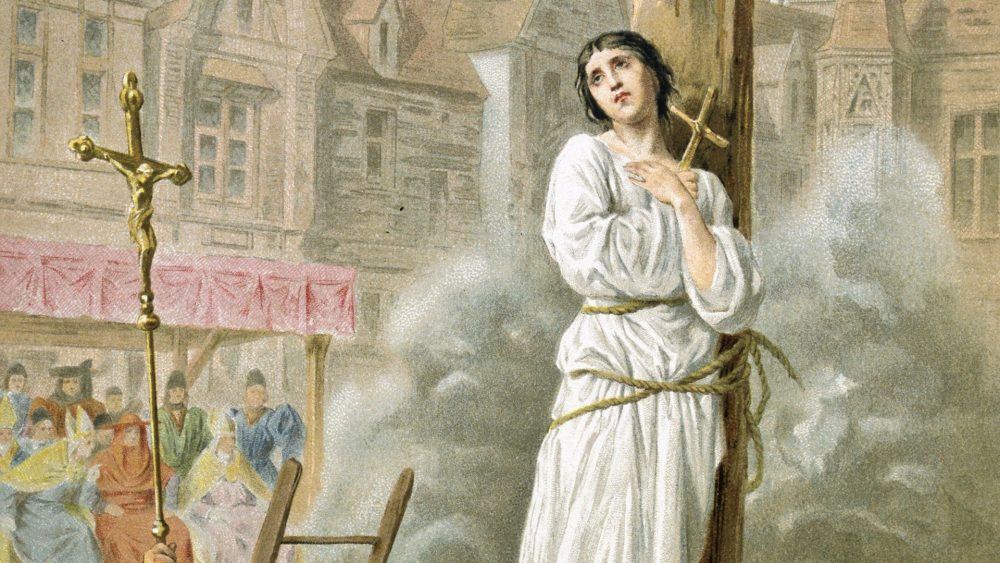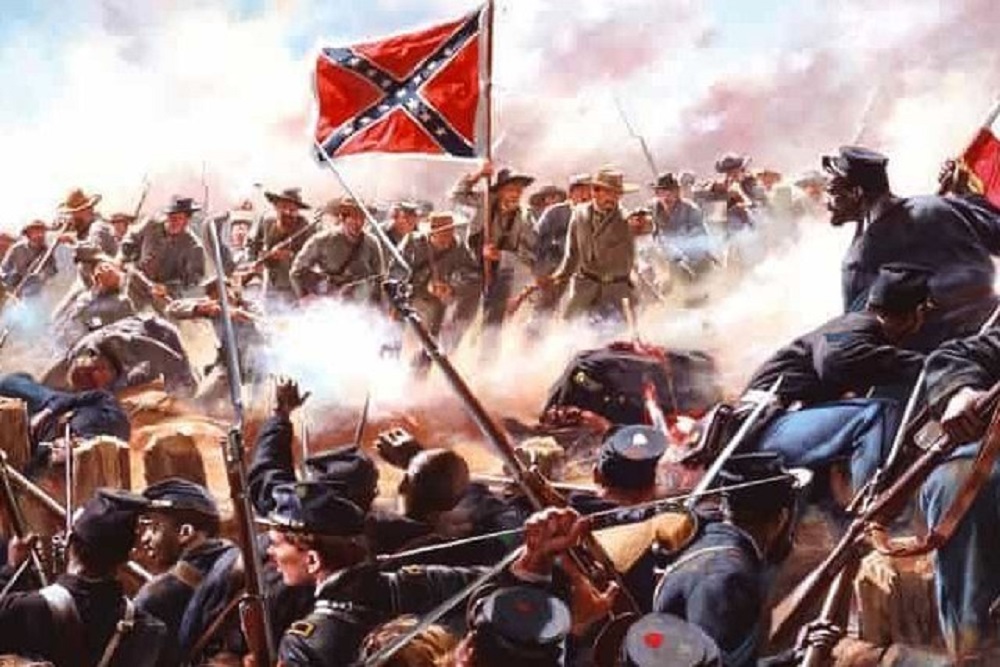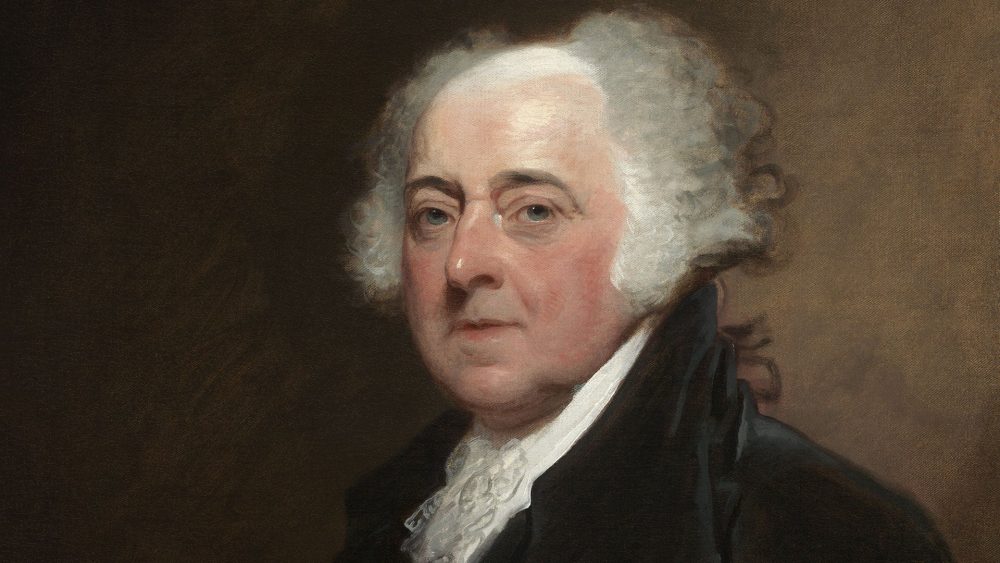Communicating as humans is a complex task, but over time, we have made it so simple that people of different nations and cultures can cow communicate in many different languages. In many of these languages, we use proverbs, idioms, and other forms of speech to get our message across. Some of these sayings/phrases have become synonymous with certain situations because they have been used for centuries.

Luis Fernandez/Pexels | People at a carnival
Unfortunately, many of us cannot tell how these expressions or phrases came about because most of them have historical backgrounds that date back several decades or centuries. This article will shed light on the historical background of some of our most commonly-used phrases. So, fasten your seatbelts and hold on to your hats because this will be fun and educational.
“Close! But No Cigar!”
This is a phrase you are most likely to hear when you attempt something and narrowly miss your mark. It was a phrase used back in the 1800s in American traveling fairs and Carnivals. In contrast with the teddy bears of today, back then, the prizes for these fairground games were cigars on whiskey, and so, when a person nearly hit their target and narrowly missed, the carnie folk would proceed to yell the phrase, “Close! But no cigar!”

Luis Quintero/Pexels | Giving someone the cold shoulder
Give Someone the Cold Shoulder
Today, when we talk about giving someone the cold shoulder, it usually means ignoring them on purpose or rejecting their social advances. This phrase has its roots in the 1800s when hosts would serve meals to their guests, serving the delicious and fleshy parts of meat to the guests that pleased them.
However, to the unwelcome guest, they would serve a cold piece of shoulder meat of the animal that was on the menu. It was common knowledge that the shoulder was the toughest, most inferior, and least valued part of the animal, and hence, this popular phrase came about.
“Blockbuster”
Blockbuster is a term used today in reference to movies or entertainment content that sells massively. However, this phrase has its origins outside the world of movies, stages, or studios and in the cold, harsh reality of the Second World War.
The British Royal Air Force (RAF) had a special kind of bomb they would use on German structures that would blow up entire buildings. As a result, the Germans referred to them as “block busters” and by the mid-1950s, this term had become associated with movies that grossed $2 million or above ($17 million by today’s standards).

James Cheney/Pexels | Breaking the ice
“Breaking the Ice”
This phrase is often used when referring to a conversation starter, something that makes social relationships easy and sets the tone for a social interaction. It takes its origin from the maritime world, where specially designed ships would lead the way, breaking the ice so that exploration vessels could safely tread the path they had set.





